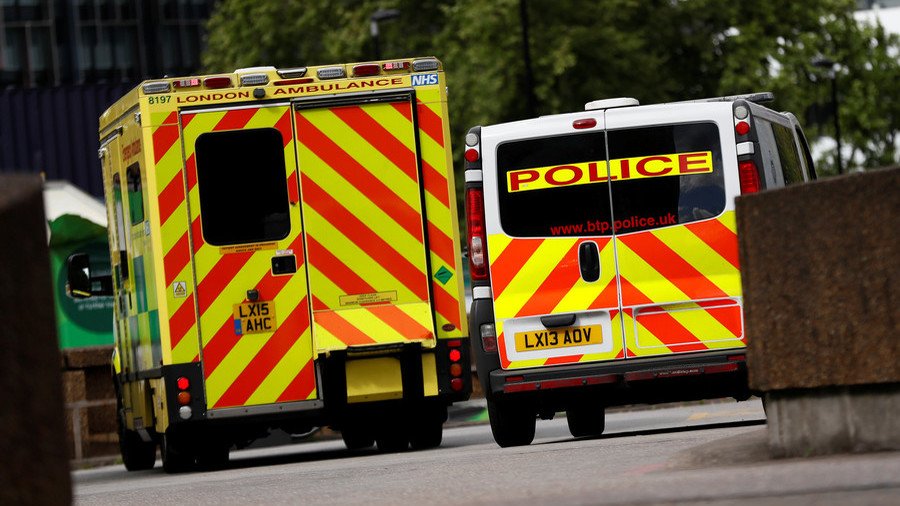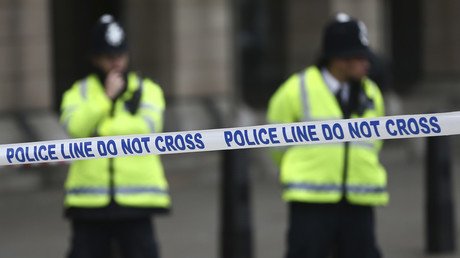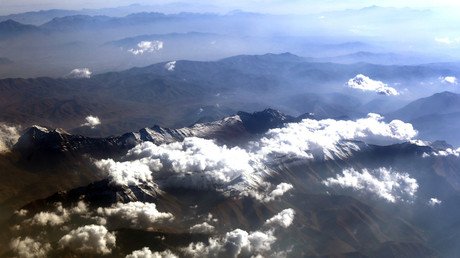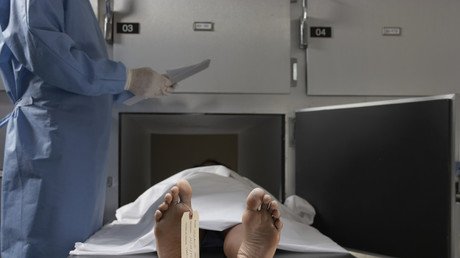UK counter-terrorism police looking into 'unknown substance' incident near Salisbury

A British counter-terrorism unit has joined the probe after a man and woman were apparently exposed to an “unknown substance” near Salisbury, according to police.
“Given the recent events in Salisbury, officers from the counter terrorism network are working jointly with colleagues from Wiltshire Police regarding the incident in Amesbury,” British counterterrorism police said in a statement on Wednesday.
Given recent events in Salisbury, officers from the Counter Terrorism network are working jointly with colleagues @wiltshirepolice regarding the incident in Amesbury. As Wiltshire Police have stated, they are keeping an open mind as to the circumstances surrounding the incident.
— Terrorism Police UK (@TerrorismPolice) July 4, 2018
Earlier on Wednesday, Wiltshire Police declared a “major incident” in the town of Amesbury, around 12 kilometers from Salisbury. The pair fell ill after suspected exposure to “an unknown substance.”
The man and woman were found unconscious in a property in Muggleton Road on Saturday, but the case was not made public until Wednesday. Both are in critical condition and are being treated at Salisbury District Hospital.
Police stated that they “are keeping an open mind” on the circumstances of the incident, while Public Health England (PHE) said that a “significant health risk” to the wider public is unlikely.
The Amesbury incident is “being treated with the utmost seriousness," a spokesman for Prime Minister Theresa May said as cited by Reuters. He added that the authorities are following the situation and British officials met earlier in the day to receive updates.
While police did not link the Amesbury incident with the Skripals case, some in the British media were quick to add fuel to the fire. The Sun tabloid reported that the allegedly-poisoned pair are “showing very similar symptoms to the former Russian military intelligence colonel and his daughter Julia.”
News about the Amesbury incident comes exactly four months after an attack in nearby Salisbury, where ex-double agent Sergei Skripal and his daughter Yulia were poisoned by an alleged nerve agent (from the Novichok family). London claimed that it came from Russia, pinning the blame on Moscow for the incident as a result. However, the allegations lacked any solid proof that could be presented to the public. Moscow also said the UK blatantly denied access for Russian specialists to the samples and even “destroyed” evidence in the high-profile case.
Following the alleged poisoning on March 4, UK Prime Minister Theresa May stated the government’s chemical laboratory at Porton Down had identified the “military-grade” nerve agent used in the attack as the A234 agent, a type of Soviet Union-developed Novichok. The claims were also backed by Britain’s Foreign Secretary Boris Johnson, who said that the lab had confirmed to him that the nerve agent originated from Russia.
However, the bombshell statements were quickly rebuffed by the scientists themselves as Porton Down chief Gary Aitkenhead said that the facility was unable to determine the origin of the toxin. The Organization for the Prohibition of Chemical Weapons (OPCW) was also unable to back those claims. The blame game was further undermined by the president of the Czech Republic Milos Zeman’s admission that his country has produced Novichok. Moreover, German media revealed in May that some NATO countries, including the US and the UK, have long been aware of the chemical formula of the nerve agent.















